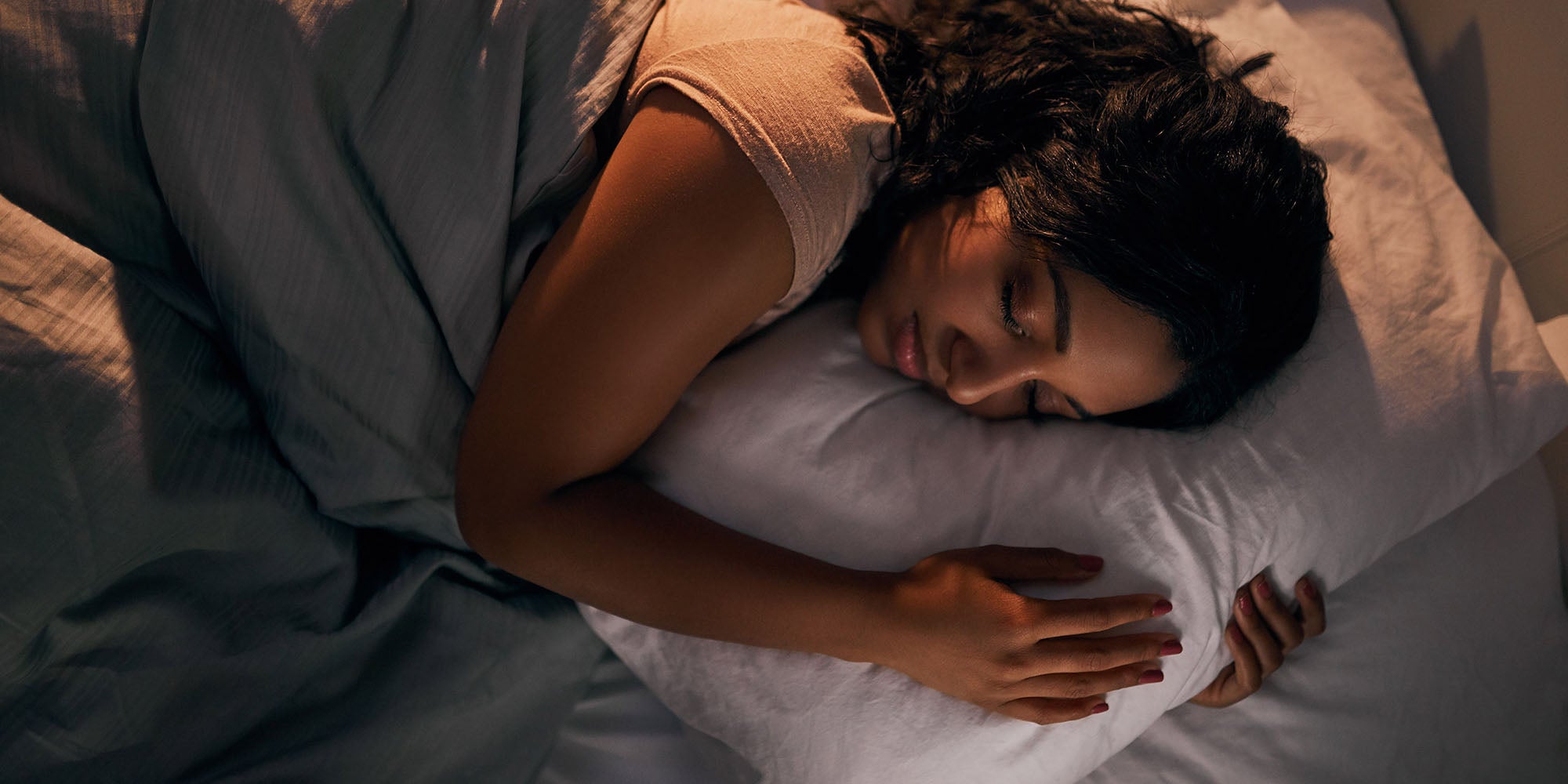Fall Back Sleep Tips
November 6, 2022
While most people feel the effects of Daylight Saving Time starting in the spring more than ending in the fall, the time change is a good reminder to take a look at your bedtime habits. Here are some tips to practice good sleep hygiene to help you get the best, most restful sleep you can, any time of year!
- What is sleep hygiene? According to the Sleep Foundation, having strong sleep hygiene means making daily routines and a bedroom environment that promotes consistent, uninterrupted sleep. This could include a relaxing pre-bed routine, having a comfortable bedroom that is free of disruptions, and having healthy daytime habits.
- Be consistent. Setting and sticking to a sleep schedule, even on weekends or vacations, helps to establish consistent sleep. Going to bed at the same time each night and waking at the same time each morning helps to prepare for time changes.
- Have a routine. Follow the same steps every night as you prepare to go to bed. This helps to reinforce your brain that it’s time to go to sleep.
- Turn off electronics and wind down. Put down your devices such as cell phones and laptops for 30-60 minutes before bedtime to eliminate the mental stimulation and blue light that they produce. Use this time to relax and calm yourself. You can read, listen to soft music, or meditate.
- Avoid eating and drinking too close to bedtime. Avoid alcohol, nicotine, and caffeine in the evening and avoid eating heavy meals prior to bedtime. In addition, stopping fluid intake 1-2 hours before bedtime and using the restroom before getting into bed can be helpful in maintaining sleep.
- Make your bedroom a sleeping-only zone. Many people have televisions in their bedroom, but falling asleep with the TV on can actually cause disruptive sleep. In addition, if you’re having trouble falling asleep, with tossing and turning, get out of bed and do something relaxing in low light for 20 minutes before trying again.
- Make your bed a comfortable environment. Using comfortable bedding, on a comfortable mattress and pillow will help you get better sleep. Some people also like calming scents like lavender, which can help calm the mind. Bedroom temperature should be comfortable for the person. These are all variable due to personal preference, so find what works best for YOU.
- Block out distractions. Heavy, light-blocking curtains can help keep out distracting lights, while a white-noise machine or even a fan can help keep outside noises at bay. Some people find earplugs are more beneficial to keep out sound, and others use eye masks while sleeping, which is especially helpful for those who work at night and need to sleep during the day.
It’s important to remember that while these tips may be helpful, sleep hygiene can be different for every person. Sometimes trying new things or making small changes to your routine or environment can make a big difference, so make adjustments depending on what works best for you. And, if you have persistent sleep troubles, it may be best to speak with a sleep specialist to see if additional treatment may be needed.
Trinity Health Of New England Sleep Medicine offers diagnosis and treatment for many sleep disorders. To learn more, click the button below.
